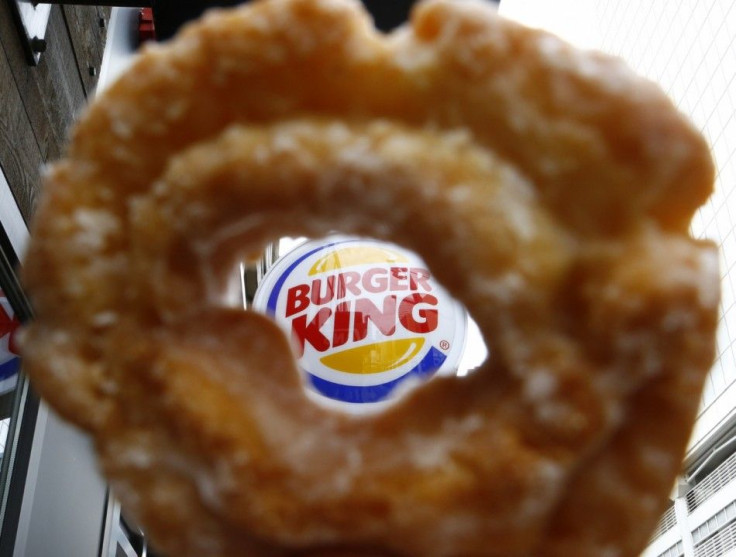Canada Greenlights Tim Hortons’ Purchase By Burger King

Burger King may now so rightfully purchase Canadian coffee-and-doughnut chain Tim Hortons. Canadian Industry Minister James Moore announced the approval of Burger King Worldwide Inc.'s proposal to buy Tim Hortons Inc. on Thursday.
The sale, touted at C$12.64 billion ($11.10 billion), will also create a new company based north of the border. It was in August when Burger King flaunted its intentions to buy the Canadian company that would create the world's third-largest fast food restaurant group.
But it had to woo first Canadian regulators on concerns of possible job losses. Burger King responded it will "work with Tim Hortons franchisees" to maintain employment levels across Canada as well as ramp up at a "significantly greater pace than currently planned" the expansion of new restaurants outside Canada. The yet-to-be named new company will now have 18,000 stores in 100 countries.
"The result of this transaction is this new global company ... which will now be based in Canada," Moore said in a statement. The merger would create a new entity worth about $18 billion, with total sales potentially reaching $23 billion annually. Tim Horton's market capitalisation is placed at around $8.4 billion, while Burger King's is at about $9.6 billion.
In September, Burger King issued $2.25 billion worth of notes to help it gather funds that will aid its purchase of Tim Hortons. Apart from the employment and store expansions, Burger King agreed to other conditions, including:
- To preserve all of Tim Hortons' charitable work.
- To establish the headquarters of the new company in Oakville, Ont., and to list the company on the TSX.
- To manage Tim Hortons as a distinct brand, without co-branding of any locations in Canada or in the United States.
- To maintain the Canadian franchisee rent and royalty structure at current levels for five years.
- To ensure Canadians represent at least 50 percent of the membership of the Tim Hortons brand board of directors.
On Oct 28, the proposed merger got the approval of Canada's Competition Bureau. It said the corporate union was "unlikely to result in a substantial lessening or prevention of competition."
In November, Tim Hortons increased its prices of a cup of coffee as well as sandwiches as a result of soaring prices of futures contracts for Arabica beans.





















